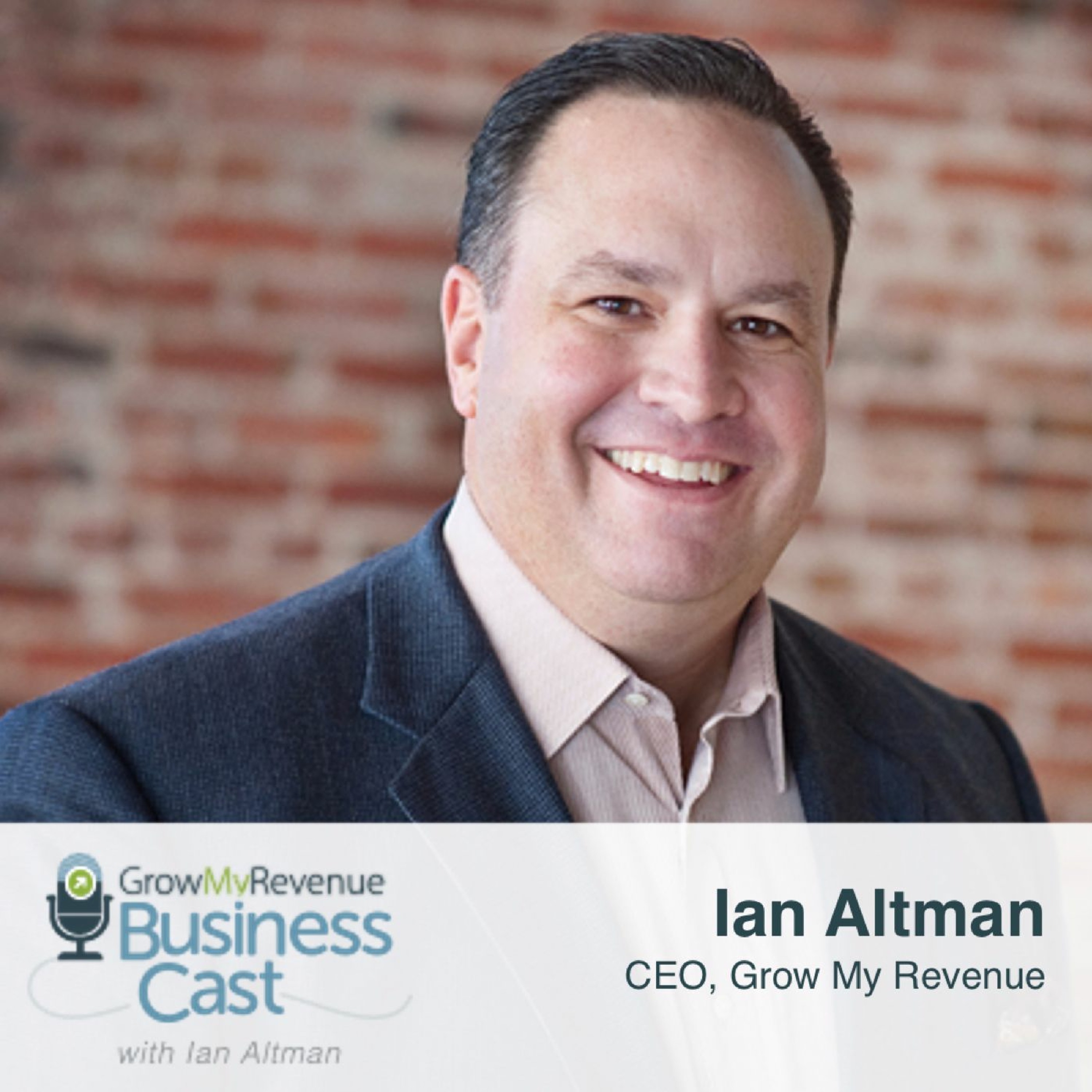
075 | How to Properly Use Sales Scripts and Active Listening

Same Side Selling Podcast
Shownotes Transcript
On this episode, I'll be answering these questions plus weighing in on the impact of social media in ways you may not have considered. Listen in for those topics and more on this special solo edition of Grow My Revenue.
Listen to this episode and discover:
· Should you use a script in sales calls? · What active listening really means, and how to apply it to your sales team. · How do you learn the most about your potential client? · When are questions powerful, and when are they not? · And so much more…
Episode Overview
Have you ever received a phone call from someone selling something, and you could tell they were reading from a script? That is the number one reason I dislike the use of scripts. Although I'm a proponent of having a process, I discourage anyone from reading scripts verbatim.
Instead, I suggest a particular formula and sequence you can follow to uncover the real information when dealing with a potential client. In fact, you can use a script, but be sure you understand why you are asking each question in that script.
Here's what I suggest you do if you want to successfully utilize scripts:
Before you write out the script, lay out exactly what you are hoping to learn with each question. So, if you are asking the client how long their problem has been going on, it's because you want to know if this has been an ongoing issue, a long-term problem, or none of the above.
And if you ask what else they have tried, you are doing so because you want to know what alternatives they have pursued, and if this is important enough that they've invested in solutions in the past.
When you ask what happens if they don't solve this problem, you are finding out if the problem is important enough to the person to warrant their investment. Then you'll know if you are dealing with the right person, and/or if the problem is something they are willing to spend money to fix.
Now that you know your goal for these questions, you can outline the potential responses and the likely conclusions that you can draw based on their responses. Once you draw out those conclusions, you can then move on to the next step, which is creating a decision tree for these conversations. I explain exactly how to do so on today's show.
Also on today's show, I cover the topic of social media and two points worth considering when you are interacting with others in that space.
The first is: where has our civility gone? After the US presidential elections, I have been seeing a lot of people respond and make comments to their social media "friends" in caustic and nasty tones. They aren't having debates or discussions, but have resorted to name calling.
And it is not from just one political party; it's both sides. Rather than indiscriminate name calling and venting our frustrations at others who disagree with us, it's our duty to respect other opinions. And if we want to be understood, we must take the time to understand them.
The second point I discuss is to consider who your friends are online. It's easy for us to forget who we have invited as friends and who we have accepted on any of our social media platforms. A simple solution is to respond as if you were at a cocktail party with friends. Would you be rude and offensive there? If not, then don't be rude and offensive on social media.
You'll also hear how to avoid alienating potential clients with social media, and what active listening really means on this edition of Grow My Revenue.
For full show notes and other resources, please visit: http://www.ianaltman.com/podcast/ian-altman-sales-scripts-active-listening/